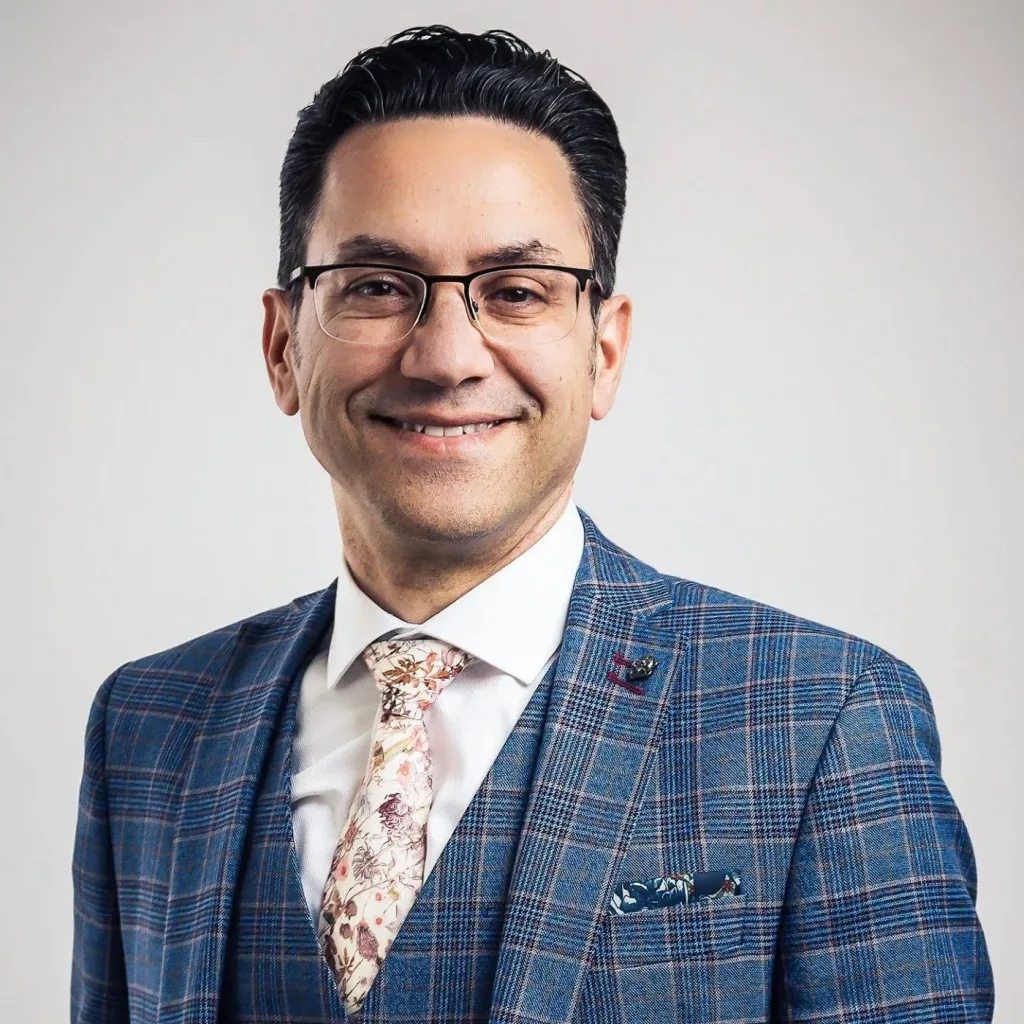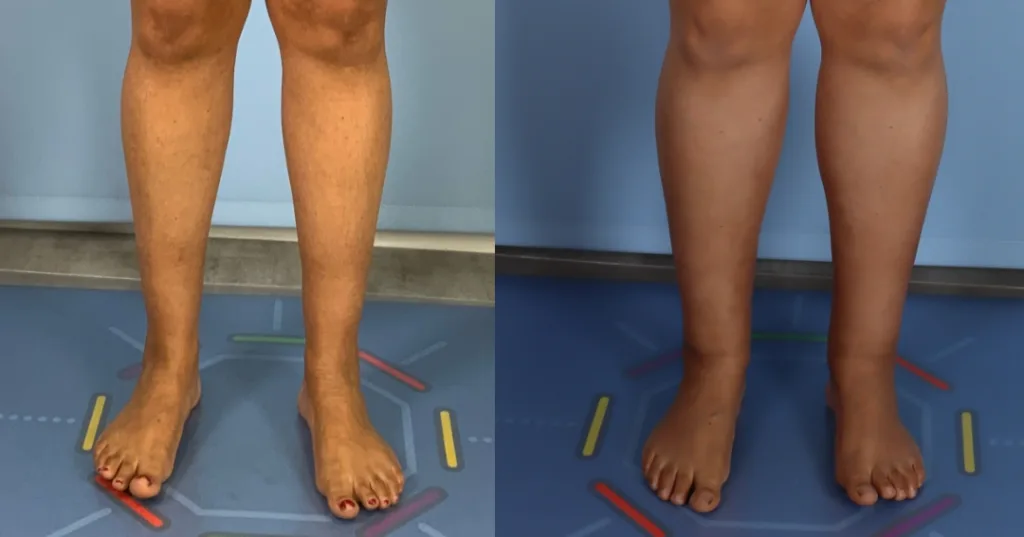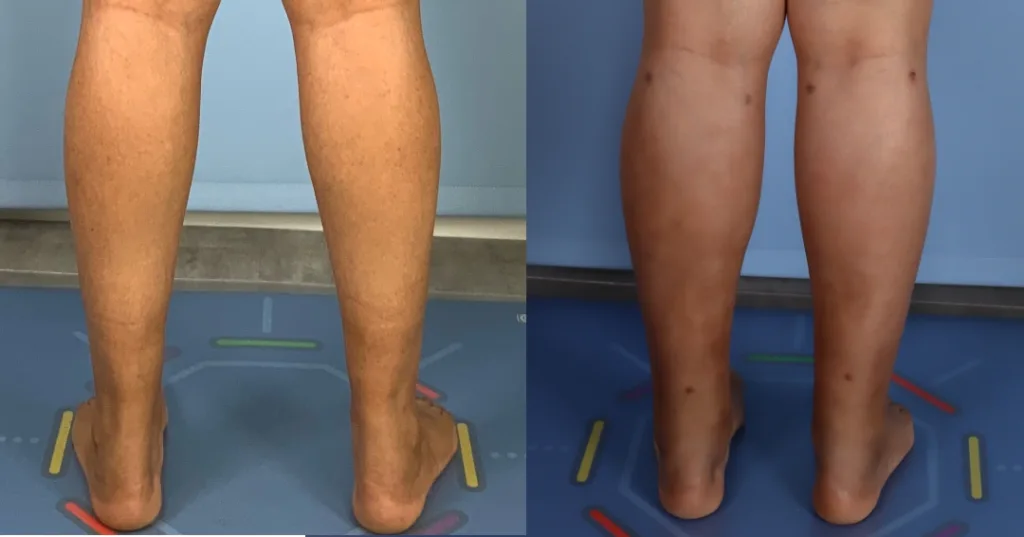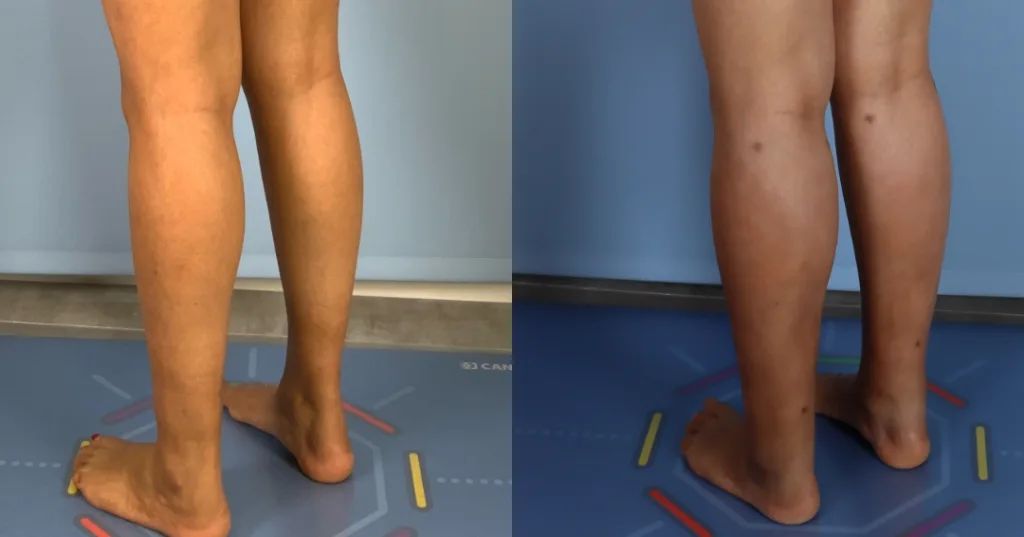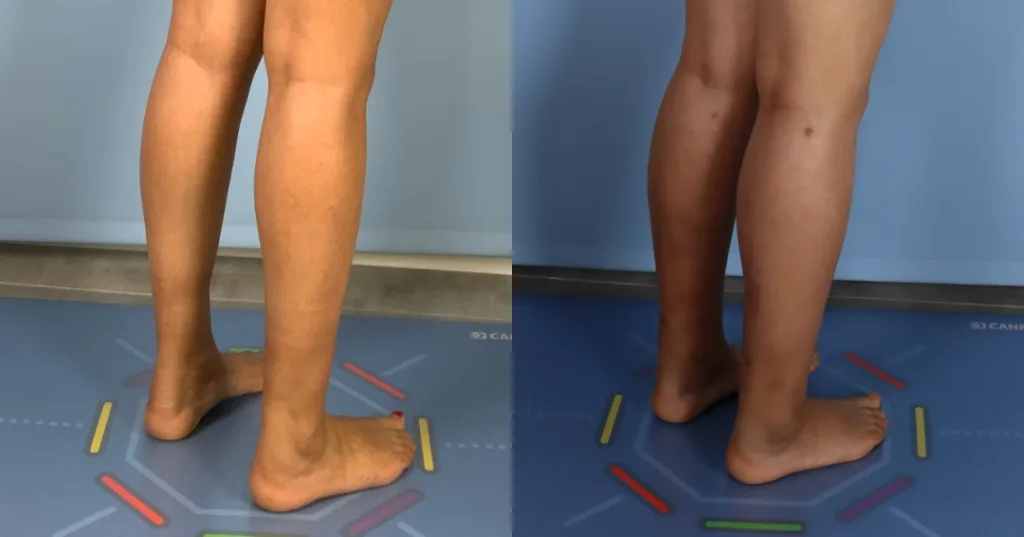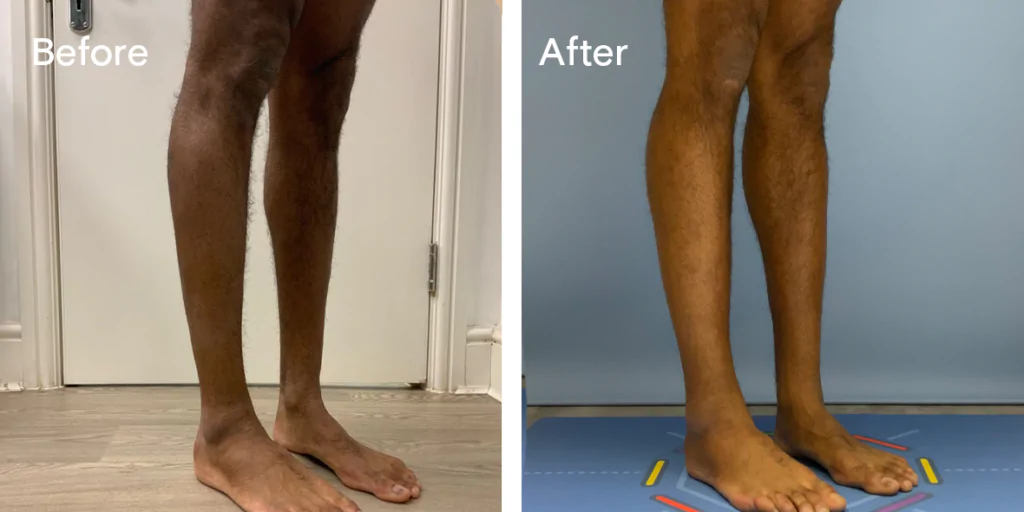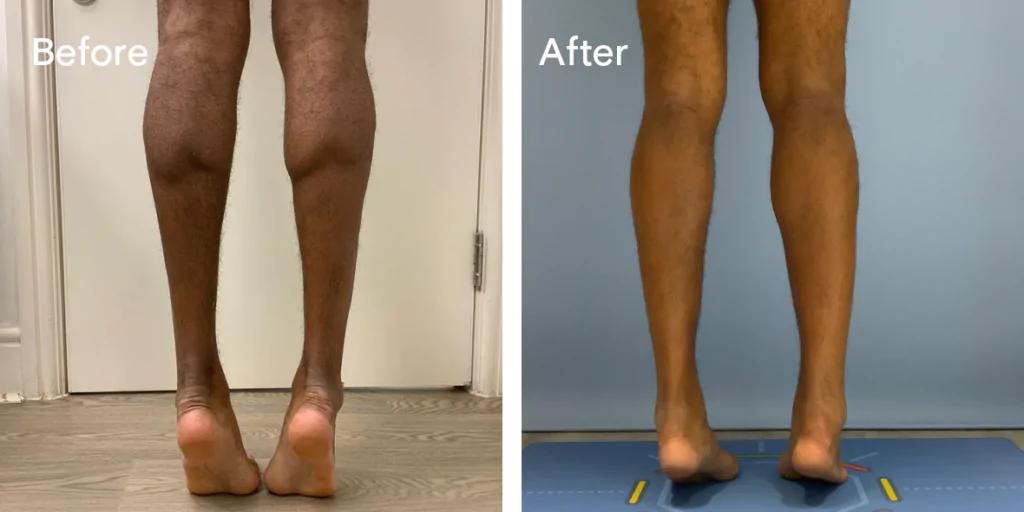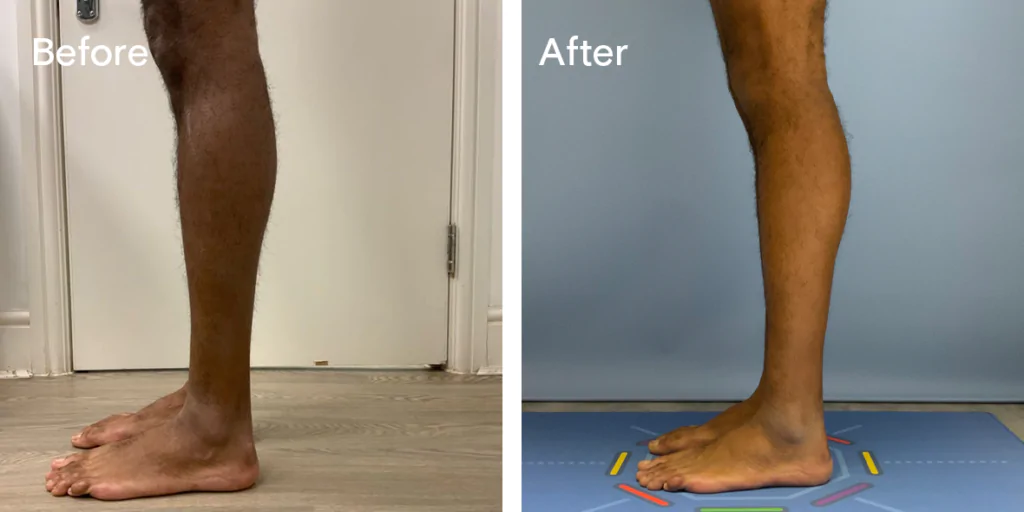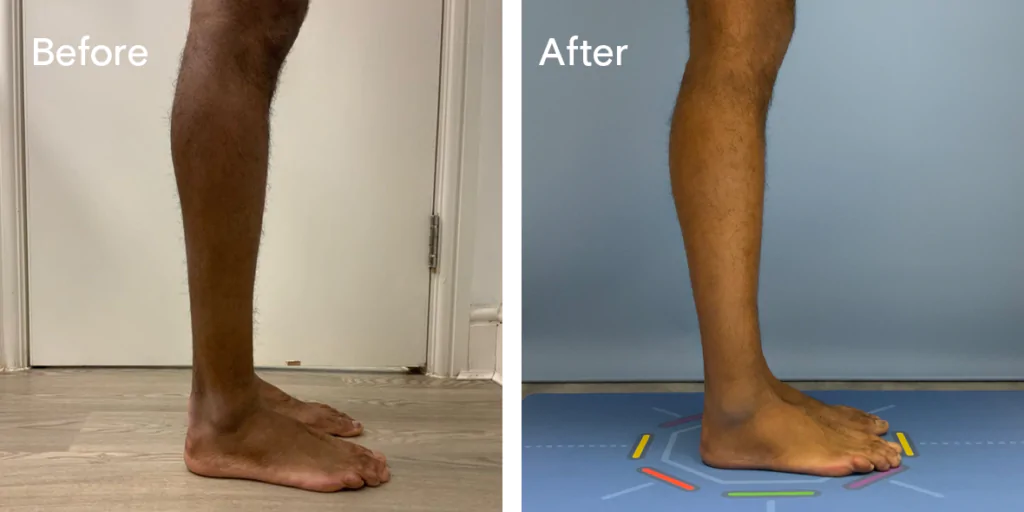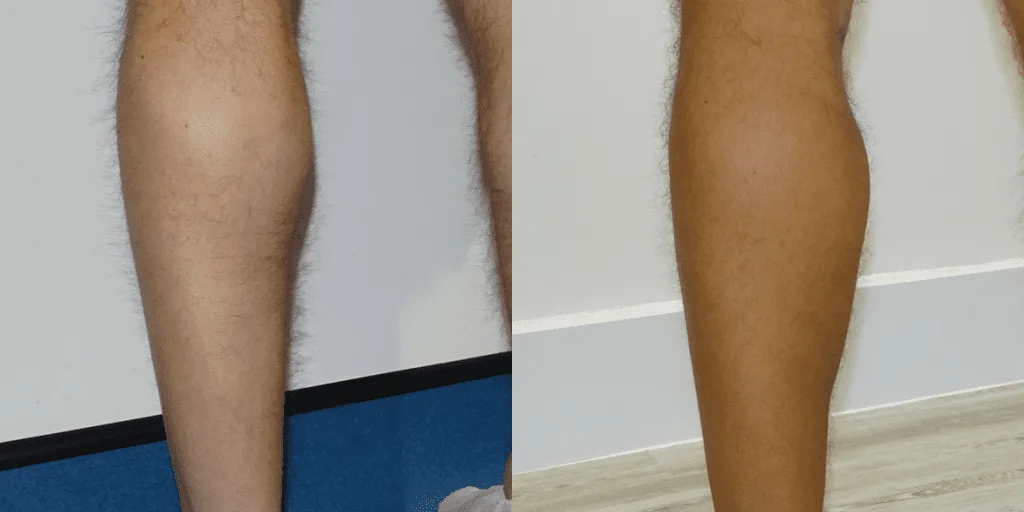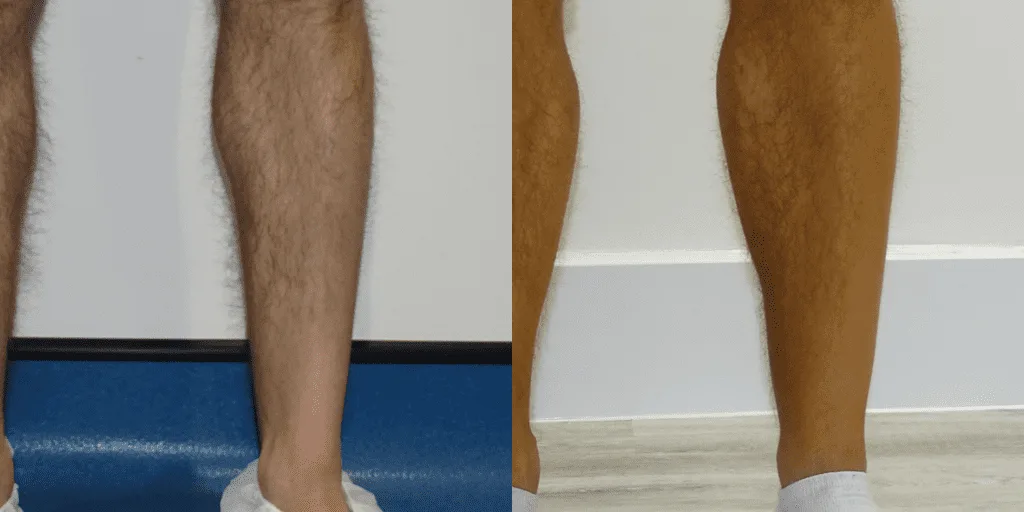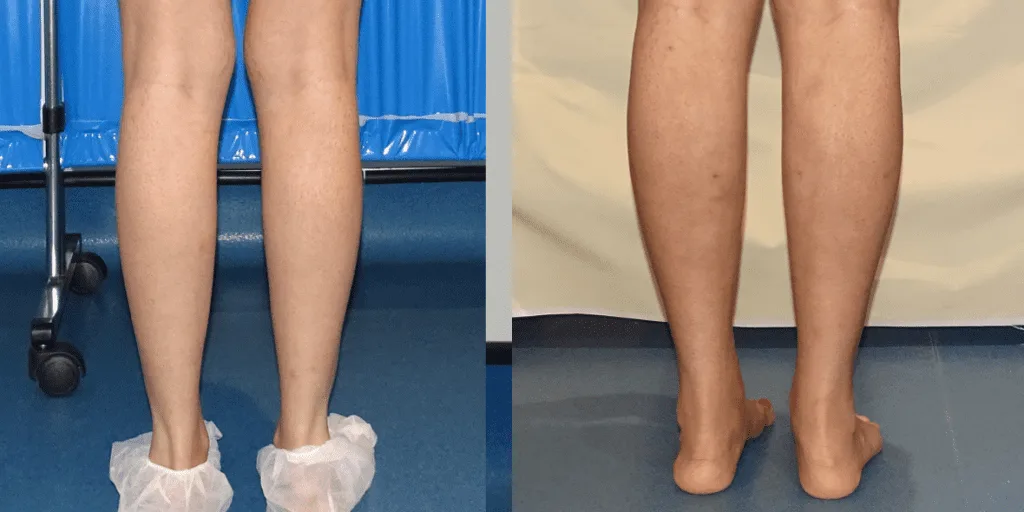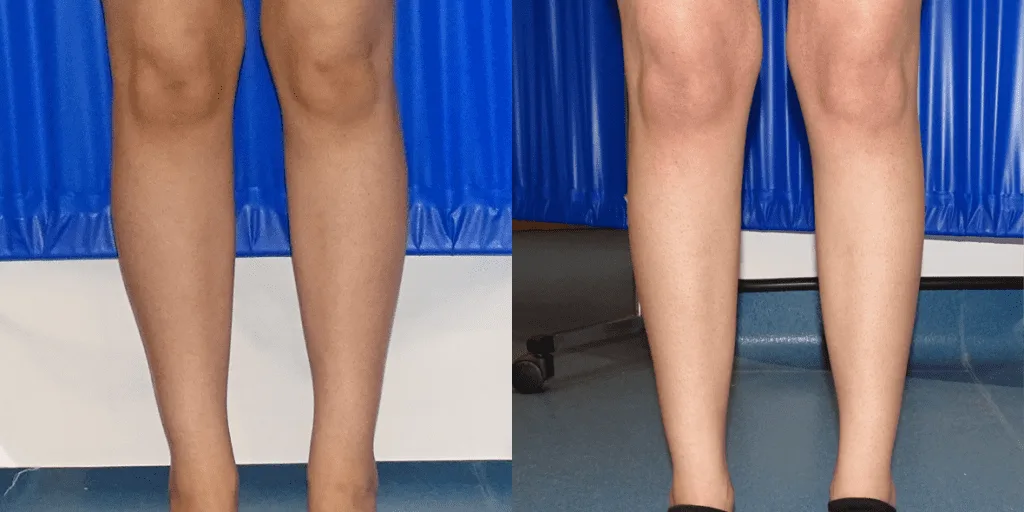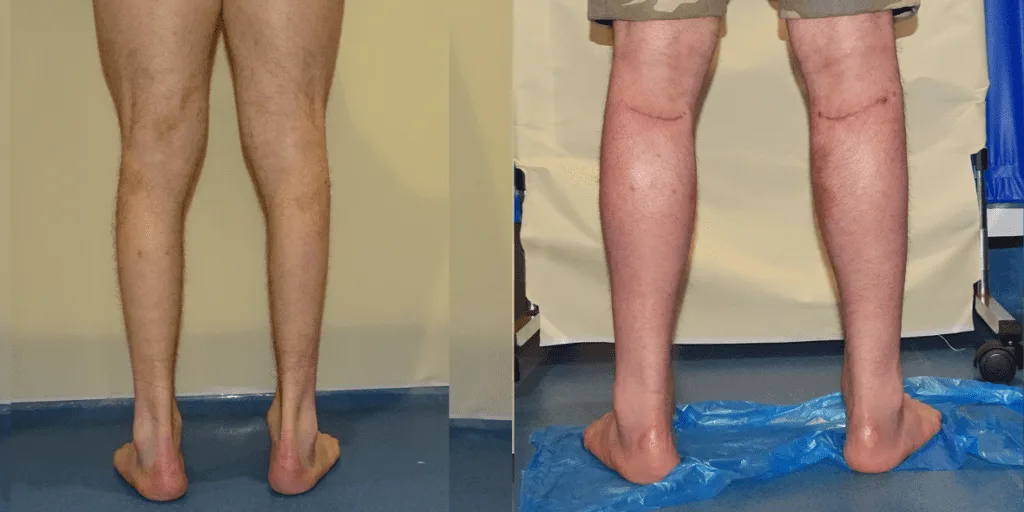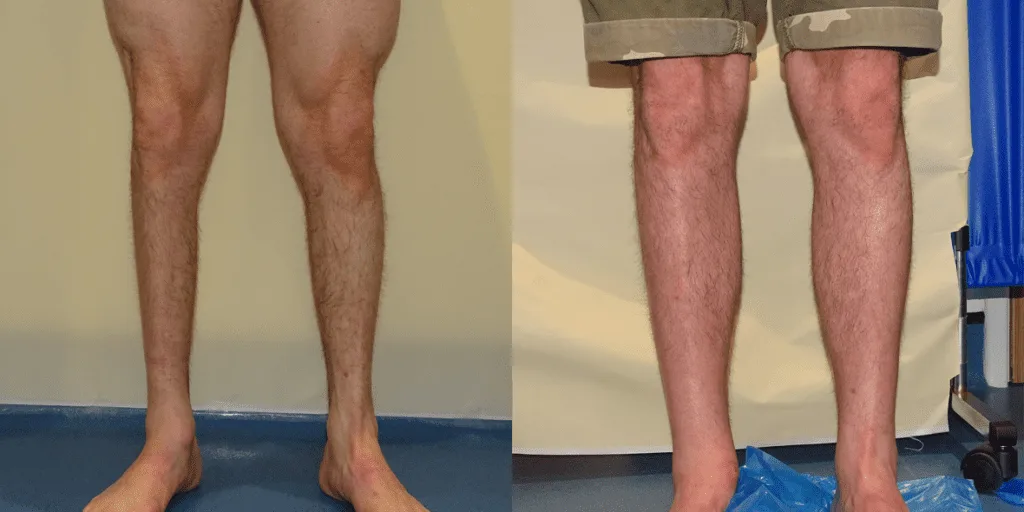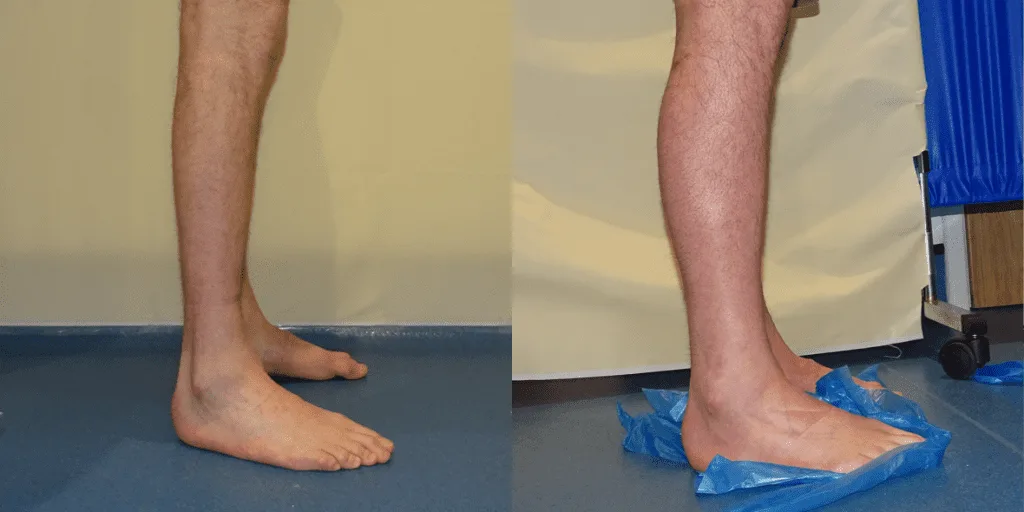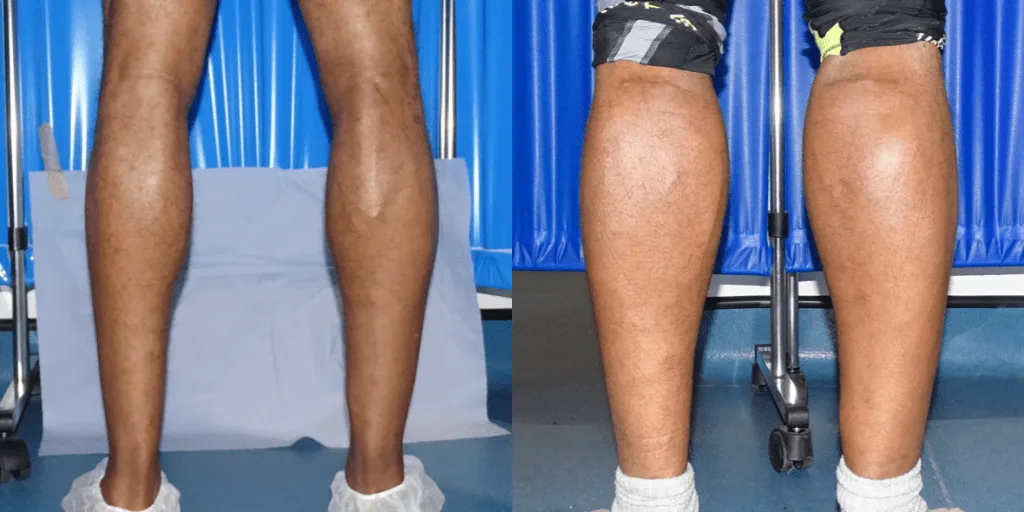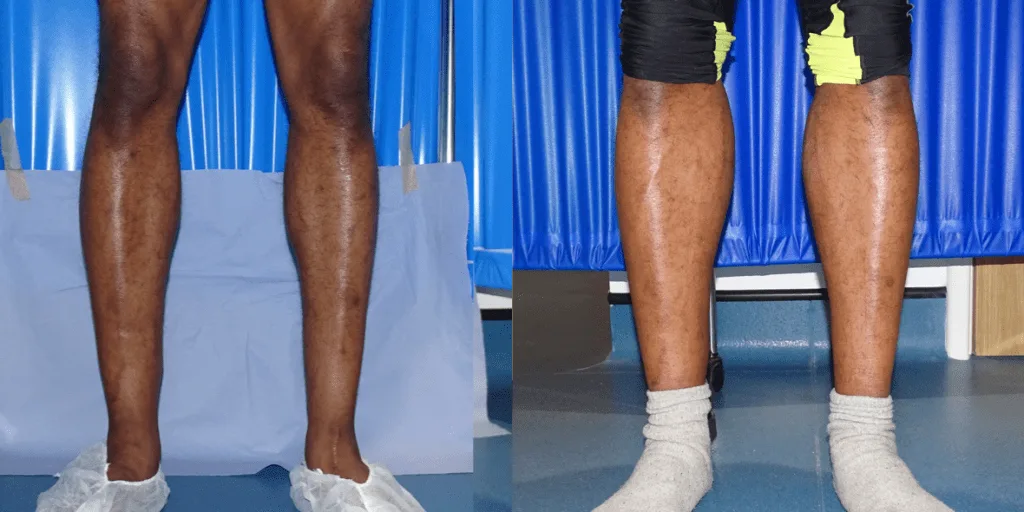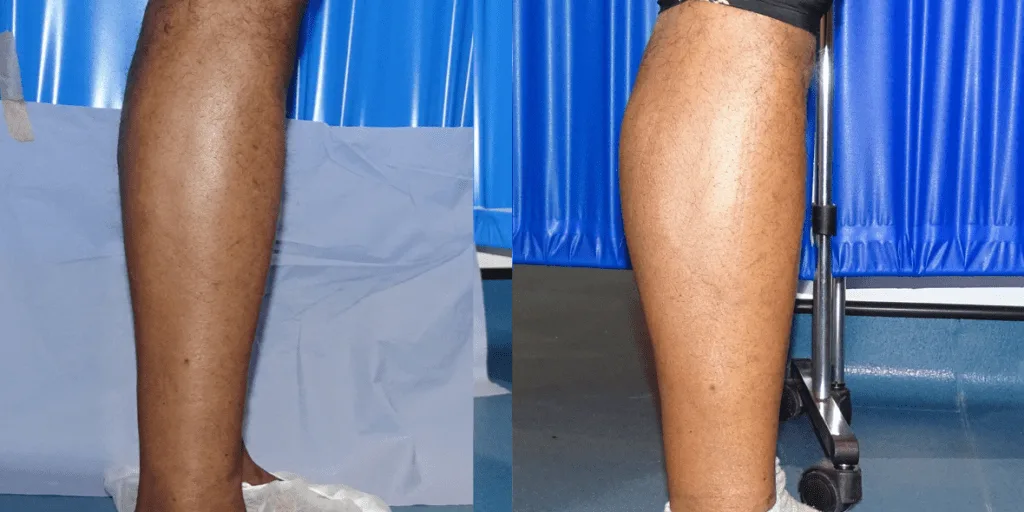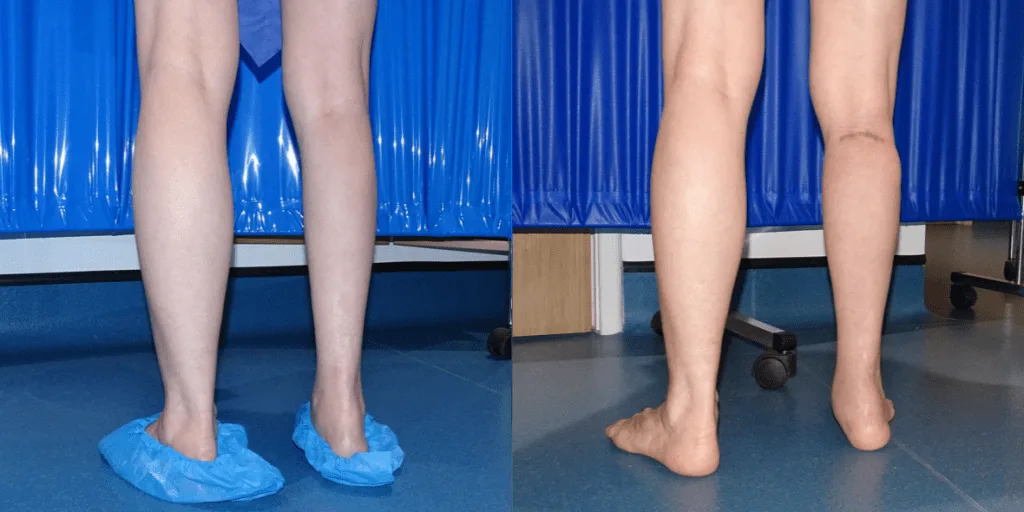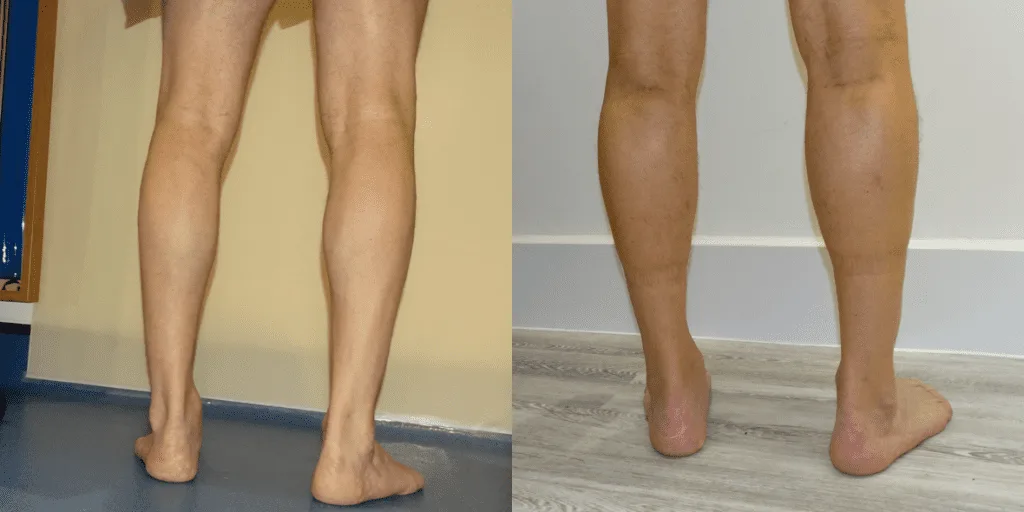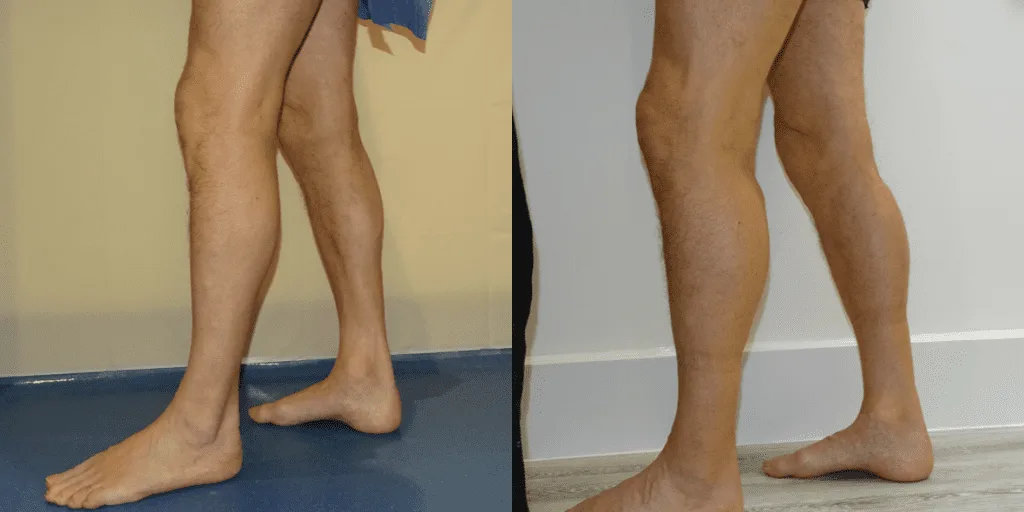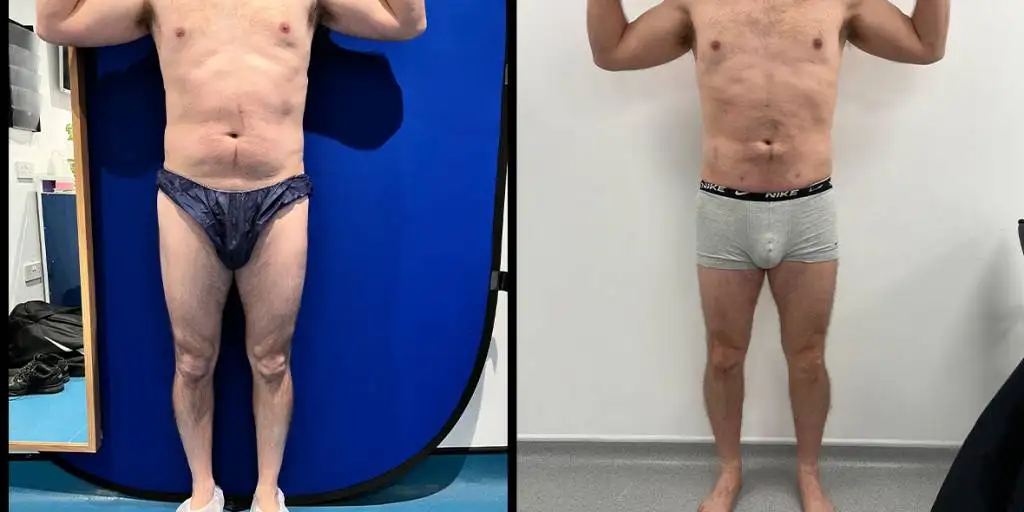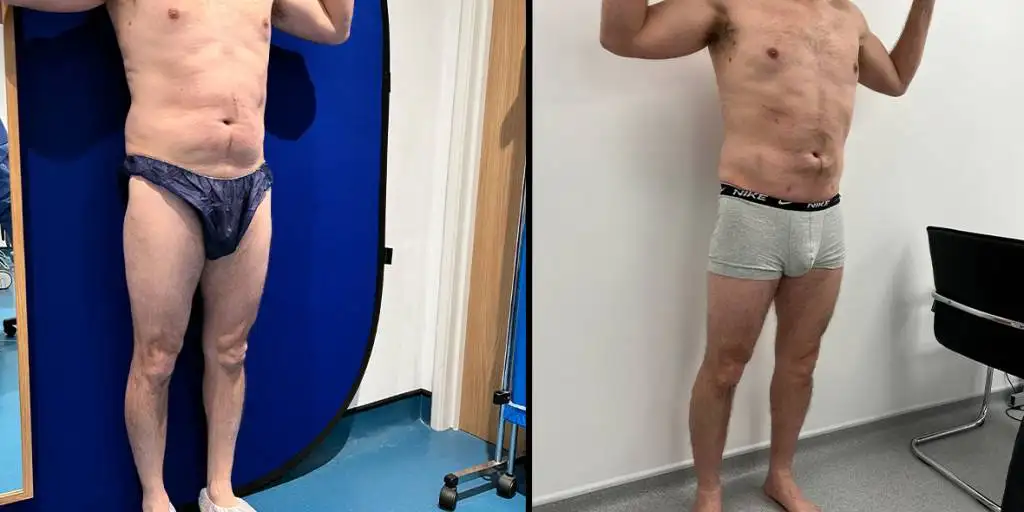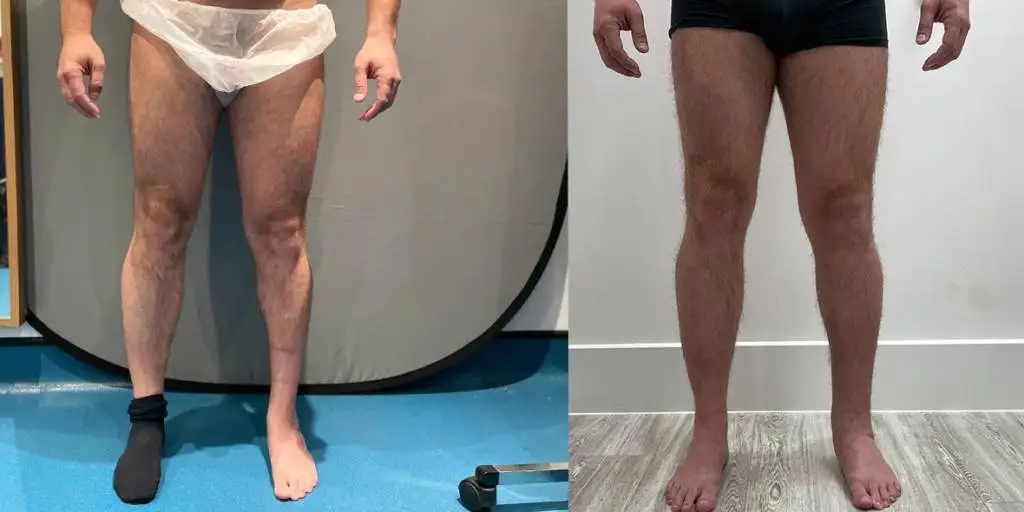Expert calf implant and fat transfer procedures tailored to your goals.
Calf augmentation is a surgical procedure to enhance the size and shape of the calves by inserting prosthetic implants, using fat transfer or through a combination of both techniques. The procedure is designed to make aesthetic enhancements, but it can also be used to address malformations or asymmetries that are congenital, or resulted from disease or injury.
Dr. Omar Tillo, the CREO Clinic’s double board-certified cosmetic surgeon, is one of the few plastic surgeons in the UK who specialises in calf augmentation procedures to create custom calf implants that deliver the bespoke results that our patients desire.
To enhance and define your calves through calf augmentation, contact the CREO Clinic to discuss the best treatment option for you.
Quick Overview of Calf Augmentation Surgical Procedures
Treatments
1Results
2-6 monthsAnesthesia
General AnaesthesiaSurgery Time
1-2 HoursOff-Work
1-2 WeeksExercise
4-8 WeeksFull Recovery
4-8 WeeksReal Results: Before and After Photos
Why Consider Calf Augmentation?
Calf augmentation can enhance the shape, balance, and confidence you feel in your legs. Whether through implants, fat transfer, or a combination of both, the procedure addresses both aesthetic goals and medical needs.
Reasons patients choose calf augmentation include:
- Enhance appearance: Add volume and contour for fuller, more defined calves.
- Create symmetry: Correct unevenness caused by injury or natural differences.
- Restore shape after injury or congenital conditions: Build a more natural, balanced look.
- Boost self-confidence: Feel more comfortable with the appearance of your legs.
The benefits go beyond appearance. Advanced techniques deliver results that look and feel natural, with long-lasting improvements in calf fullness and proportion. Experience these benefits for yourself, contact us now.
Your Treatment Options Explained
Summarised below are the main differences between calf implants and fat transfer:
| Fat Transfer | Implants | |
| Results | Provides a modest enhancement to the calves while removing excess fat from other areas | Provides a dramatic enhancement to the calves |
| Anaesthetic | Sedation or general anaesthesia | Sedation or general anaesthesia |
| Scarring | Insignificant scarring | Horizontal scar along the crease at the back of the knee |
| Recovery | 4-6 weeks | 8 weeks |
| Longevity | Permanent | Permanent |
| Price | Starts from £8,500 | Starts from £8,500 |
Calf Implants
Calf implants are made from medical-grade silicone and come in two types: standard implants in various shapes and sizes, or custom-made implants tailored to your anatomy.
They’re often recommended if you have calf asymmetry, reduced muscle, or insufficient body fat for fat transfer. Implants enhance calf contours by adding proportionate shape and volume, with options ranging from fuller muscle definition to subtler contouring using thinner implants.
Calf Augmentation with Fat
Fat transfer removes excess fat from areas like the abdomen or thighs and injects it into the calves for modest enhancement. Patients often prefer this option because it uses their own tissue, involves less invasive surgery, and offers quicker recovery with minimal scarring. However, results are subtler than with implants.
How to Know If You’re a Good Candidate for Calf Augmentation
Your suitability for calf augmentation is best assessed during a consultation with an experienced surgeon. They will review your medical history, overall health, and aesthetic goals before recommending the right approach.
Ideal candidates typically:
- Are non-smokers or able to quit before and after surgery
- Have enough excess fat for a fat transfer
- Already have some calf muscle but want improved shape or size
- Have underdeveloped calves from congenital conditions, disease, or injury
- Are in good physical and mental health
- Have realistic expectations about results
Have a BMI of 30 or below — check your current BMI with our BMI Calculator.
What Does Calf Augmentation Cost in London?
At the CREO Clinic, calf implants cost £8,500 for bilateral calf augmentation with 1 implant per leg and £12,900 for two implants per leg. For custom implants, prices start from £14,900 for one leg, and £16,900 for both legs.
Fat transfer calf augmentation starts from £8,500, with pricing dependent on the size and number of liposuction areas.
Financing is available through Chrysalis Finance, offering 12-month loans at 0% APR and longer-term options at alternative rates.
Final costs may vary based on surgical complexity, with exact pricing confirmed during your consultation.
“The whole experience has been life changing” – Read Our Patient Reviews
What to Expect On Your Journey
Consultation & Preparation
Your consultation includes a full medical review, discussion of your goals, and an assessment of your calves. You’ll receive clear guidance on realistic outcomes and pre-surgery steps, such as quitting smoking, avoiding certain medications, and arranging time off work.
The Procedure
Calf augmentation is a day-case surgery performed under general anaesthesia or sedation.
- Implants: A small incision behind the knee allows the implant to be positioned over the calf muscle for symmetry and proportion. Dissolvable sutures are used to close the incision.
- Fat Transfer: Fat is removed through liposuction from areas like the abdomen or thighs, purified, and injected into the calves. This option provides a subtler enhancement and can be combined with implants.
Recovery & Healing
Most patients return to light activity in two weeks and resume full activity within 4–8 weeks. Swelling and discomfort are normal at first. You’ll need to wear compression stockings for at least six weeks, care for your incisions, and attend follow-up appointments. Avoid strenuous exercise until cleared by your surgeon.
Final Results
Results are long-lasting and typically visible after 3–6 months, once swelling subsides and implants or fat grafts settle into place. Patients usually report improved shape, balance, and confidence.
Is Calf Augmentation Safe? What to Know About Risks
Although choosing an experienced surgeon like Dr. Tillo can vastly reduce surgical risk, like any surgical procedure, there are complications to be aware of for calf augmentation:
- Movement or rejection of implant
- Fat necrosis
- Too much/little fat
- Infection
- Scarring
- Risks of anaesthesia
- Excessive bleeding
- Blockage in blood vessel
Why Choose CREO Clinic for Your Calf Augmentation Procedure
At the CREO Clinic, procedures are led by Dr. Omar Tillo, a double board-certified body contouring surgeon and one of the few UK plastic surgeons specialising in calf augmentation, with advanced training in lower limb reconstruction. He is a full member of the UK Association of Aesthetic Plastic Surgeons and a registered GMC plastic surgery specialist.
For bespoke results, the clinic also partners with Anatomik Modeling to create custom calf implants tailored to each patient’s needs.

